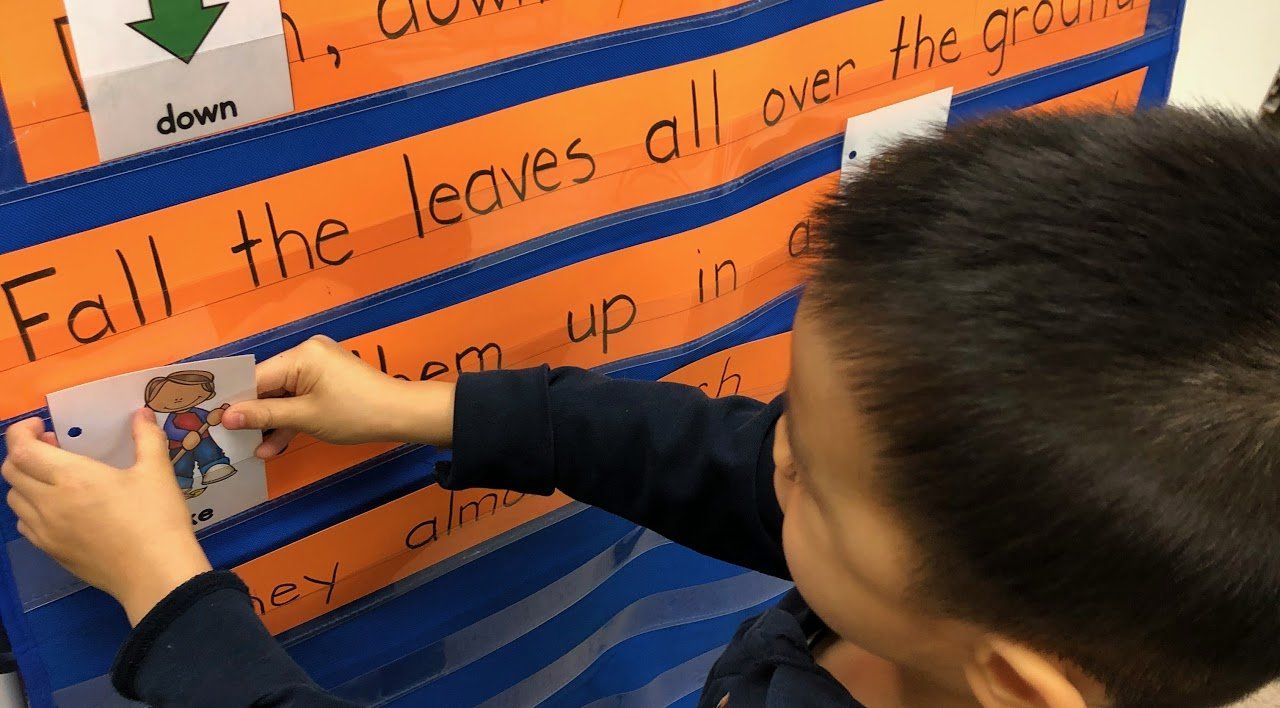How to Encourage Reading at Home
In order to develop lifelong readers there are two parts of the equation: Having the “skill” to read and having the “will” to want to read. Teachers can do a great deal to help students build their reading skills and to encourage them to develop a love of reading, but parents and families play a critical role in promoting a love of reading.

Does your child see reading as a chore or an assignment? If the answer is yes, then they may avoid reading and only do it when it is absolutely necessary. This begins a cycle of less practice reading, not improving, falling behind, then enjoying it even less because of its difficulty. Therefore, it is important for all readers, including those who struggle, to read often.
There are often many things competing for children’s time. Just like eating healthy or exercising regularly, it is important for reading to become a habit so children become motivated, enthusiastic readers. Here are some fun and simple activities, strategies and routines which can help children build their interest in and joy of reading, books and learning.
- Make a dedicated reading space - Make sure it is a comfortable and quiet space with good lighting, a place where they can relax and focus on their book.
- Read regularly - Set aside a family reading time each day or at least several times per week. Older children can read to themselves, and parents or siblings can read aloud to younger children. Or you can read aloud a book that the whole family will enjoy.
- Be a reading role model - When your children see you reading for pleasure on a regular basis they will begin to understand that reading is valued in your family.
- Follow their interests -Children will be keener to read about a topic they are already interested in and curious about so head to the library and find books related to their love of football, animals, space, cooking, or whatever!
- Read funny things! - Everyone loves to laugh so read comics, jokes, riddles and puns together. Read the comics from the newspaper or joke books from the library.
- Talk to your children about what they have read - By asking questions about the book they are reading, it shows that you are interested in what they have read and will motivate them to keep reading. Questions such as: Who’s their favourite character and why? Do the characters or situations remind them of anyone they know? Ask them to summarize the book they’ve read in a few sentences. Or discuss with them whether or not they would recommend this book to a friend.
- Plan a book swap - If you have neighbors, friends or other family members with children the same age as yours then get together and bring books and magazines to recommend and trade.
- Read anything anywhere - Things to read are everywhere (food menus, road signs, instructions) and children will start to see how useful it is to be able to read and how reading has a variety of purposes.
- Play word games together to build interest in words - There are lots of word games you can play such as Hangman, Scrabble, Blurt, Bananagrams and Apples to Apples Junior.
- Variety is the spice of life! - Variety of material is also important when it comes to wanting to read so have a variety of books and magazines around and stash them where your children will be – in the car, in their bedrooms and even in the bathroom! Audio books are also enjoyable and provide a great way for families to listen to books while driving or relaxing at home.
Reading is necessary for learning, so instilling a love of reading at an early age is the key that unlocks the door to lifelong learning. Through reading, children will expand their vocabulary and gain self-confidence and independence. Reading helps children learn to make sense of the world around them, and it is a critical foundation for building social-emotional skills, imagination and for developing logic and problem-solving skills. As Dr. Seuss said, “The more that you read, the more things you will know. The more that you learn, the more places you’ll go.”








